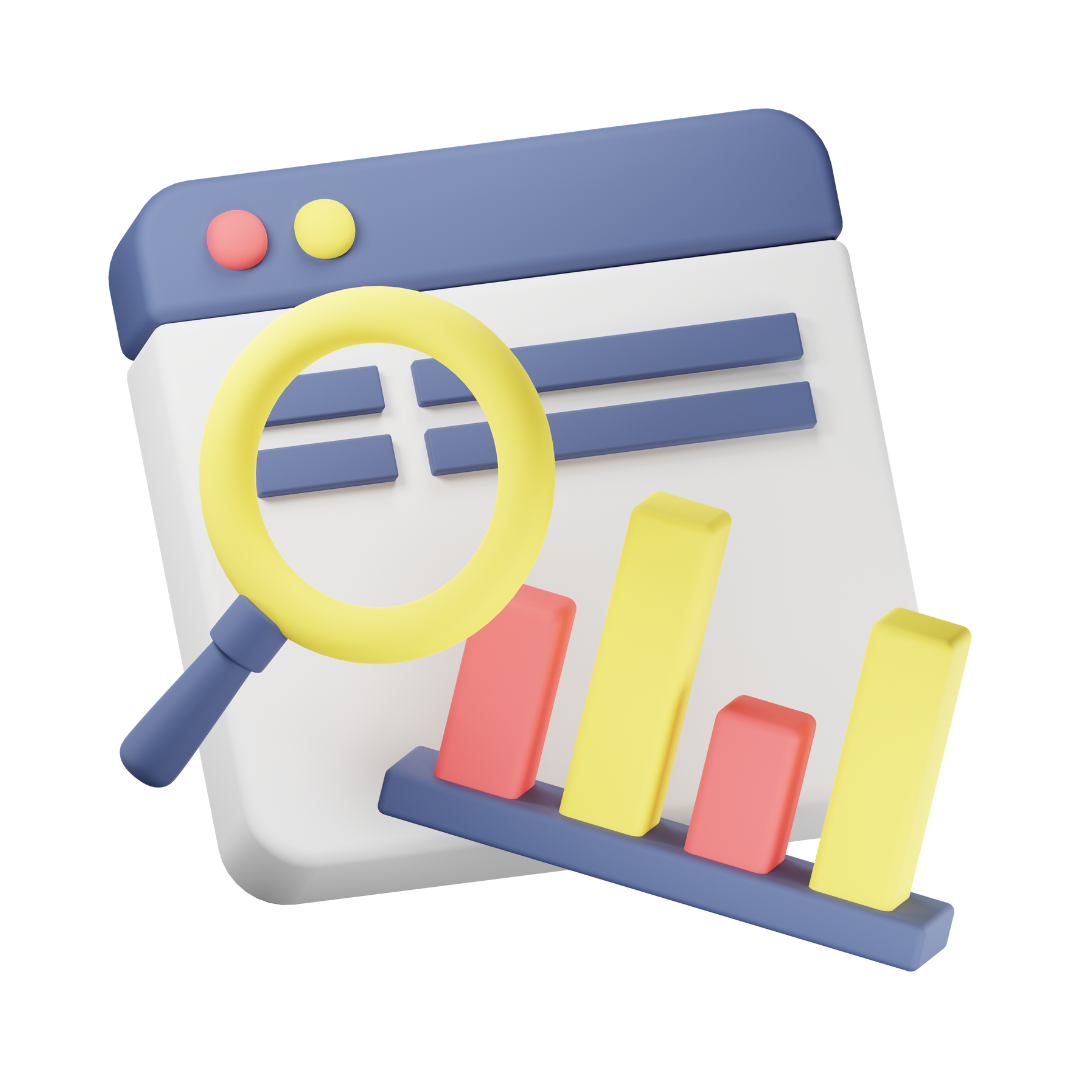Do My Hypothesis Testing Assignment
Are you struggling with hypothesis testing assignments? Look no further! Our Hypothesis Testing Assignment Help service is here to assist you in mastering this critical statistical concept with ease and precision. We provide 1-on-1 online tutoring along with solutions to Hypothesis testing problems.
Hypothesis testing is a crucial statistical method utilized to make informed decisions and draw conclusions regarding population parameters, all based on the analysis of sample data. This method holds a pivotal role in diverse fields including research, business, healthcare, and the social sciences. Nonetheless, hypothesis testing can be intricate and demanding, necessitating a profound grasp of statistical principles and techniques.
Our data analyst team consists of adept statisticians and problem-count specialists who are well-equipped to assist you with your hypothesis-testing assignments, homework & projects. Whether you require assistance with one-sample t-tests, two-sample t-tests, chi-square tests, ANOVA, any other variant of hypothesis testing, or any other variant of speculation trying out, you can talk to our experts on a video call & get your queries clarified.
With our Hypothesis Testing Assignment Help, you can enrich your comprehension of hypothesis testing, elevate your academic performance, and thrive in your educational pursuits. Do not allow hypothesis testing to overwhelm you - allow our experts to steer you toward success!
What is Hypothesis Testing?
Hypothesis testing is a foundational statistical approach applied throughout a spectrum of domain names, encompassing clinical studies, business, healthcare, and the social sciences. Its number one objective is to permit researchers to draw meaningful conclusions approximately a population based on the information accrued from a pattern, thereby ensuring the accuracy and reliability of their findings.
The technique of hypothesis testing entails the method of competing hypotheses: the null speculation (H0) and the alternative hypothesis (Ha). The null hypothesis represents the default assumption, positing that there exists no substantial effect or difference in the population under investigation. Conversely, the alternative hypothesis suggests the opposite, proposing that a significant effect or difference indeed exists.
To perform hypothesis testing, researchers collect data from a sample and compute a test statistic using this data. The test statistic is subsequently juxtaposed with a critical value or p-value, which aids in ascertaining the probability of obtaining the observed results if the null hypothesis holds true. Should the p-value fall below a predetermined significance level, often set at 0.05, it warrants the rejection of the null hypothesis in favor of the alternative hypothesis. This signifies that there is substantial evidence to substantiate the assertion of a significant effect or difference in the population.
By utilizing hypothesis testing, researchers can make data-driven decisions and validate their research findings. It offers a systematic and objective approach to analyzing data, allowing researchers to gain valuable insights and draw well-founded conclusions.
Why Hypothesis Testing Assignment is Challenging?
Hypothesis testing assignments can present several challenges to students, particularly those new to statistical analysis and data interpretation. The complexity of hypothesis testing stems from the need for a solid understanding of statistical concepts, rigorous data handling, and accurate interpretation of results. Let's explore some of the key challenges students might encounter when tackling hypothesis testing assignments.
- Understanding Statistical Concepts: Hypothesis testing requires a firm grasp of various statistical concepts, such as sampling methods, probability distributions, and hypothesis formulation. Without a clear understanding of these concepts, students may struggle to choose appropriate tests and interpret results correctly.
- Formulating Hypotheses: Crafting precise and testable hypotheses is critical in hypothesis testing. Students need to define the null and alternative hypotheses accurately to ensure meaningful analysis. Crafting hypotheses often demands a profound comprehension of the research issue at hand and the associated statistical framework.
- Selecting the appropriate statistical test: It is equally vital. There exists an array of statistical tests tailored to diverse scenarios, encompassing t-tests, ANOVA, chi-square tests, and regression analysis, among others. The critical aspect is choosing the test that harmonizes with the research query and the nature of the data under examination. The wrong test can lead to misleading conclusions.
- Data Preparation and Analysis: Preparing data for hypothesis testing involves data cleaning, handling missing values, and ensuring data quality. Inaccurate data handling can impact the validity of results. Additionally, performing the chosen statistical test accurately requires meticulous data analysis skills.
- Interpreting Results: After conducting the hypothesis test, students must interpret the results correctly and relate them to the research question. Misinterpretation can lead to erroneous conclusions and weaken the overall study's validity.
What Are The Types of Hypothesis Testing?
Hypothesis testing is a fundamental statistical tool used to make inferences about a population based on sample data. There are various types of hypothesis testing, each suited for different scenarios and research questions. Let's explore the most common types of hypothesis testing:
- One-Sample t-Test: This test is used to compare the mean of a sample to a known population mean or a hypothesized value. Hypothesis testing serves the purpose of discerning if a substantial difference exists between the sample mean and either the population mean or a hypothesized value.
- Independent Samples t-Test: This test assesses whether an extensive difference exists between the methods of two unbiased corporations. It is typically employed to compare the effectiveness of different treatments or interventions.
- Paired Samples t-Test: Also referred to as a dependent samples t-test, this method compares the means of two related samples. It comes into play when every observation in one sample can be immediately matched with a corresponding statement within the different sample, along with pre-test and post-test measurements.
- Analysis of Variance (ANOVA): ANOVA is the cross-to choice when comparing the manner of two or more groups concurrently. It aids in establishing whether notable differences exist among the group means and, if so, which specific groups exhibit these differences.
- Chi-Square Test: This test is suitable for analyzing categorical data and discerning significant associations between two categorical variables. It is often used to evaluate the independence of variables in a contingency desk.
- Regression Analysis: Regression analysis is a powerful tool for scrutinizing the relationship between a dependent variable and one or more impartial variables. It aids in ascertaining if a huge relationship prevails among those variables.
- Non-Parametric Tests: When information doesn't comply with the assumptions of parametric assessments (e.g., everyday distribution), non-parametric assessments come into play. Examples encompass the Mann-Whitney U check and the Wilcoxon signed-rank test. These exams make fewer assumptions approximately the record distribution and are more resilient to outliers.
Applications Of Our Hypothesis Testing
Hypothesis testing is a crucial statistical technique widely applied in various fields to draw meaningful conclusions and make informed decisions based on data analysis. Some key applications of hypothesis testing are as follows:
- Medical Research: In the realm of medical research, hypothesis testing serves to assess the efficacy of new drugs or medical treatments. Researchers meticulously compare outcomes between control and experimental groups to gauge the treatment's substantial influence on patients' health.
- Social Sciences: Social sciences, like sociology and psychology, are frequent users of hypothesis testing. Researchers employ it to delve into human behavior, attitudes, and responses. It aids in pinpointing correlations and causal links between various variables in the complex web of human interactions.
- Environmental Studies: Researchers in environmental science employ hypothesis testing to evaluate the consequences of various factors, such as pollution or climate change, on ecosystems and wildlife.
- Economics and Finance: In the domains of economics and finance, hypothesis testing comes into play to scrutinize economic theories, predict market trends, and dissect financial data for hidden insights.
- Educational Research: Educational research utilizes hypothesis testing to appraise the effectiveness of teaching methods, curriculum, and educational interventions. It's a valuable tool in enhancing the learning process.
- Public Policy and Governance: Government agencies employ hypothesis testing to rigorously evaluate the impact of policy alterations and public interventions across various facets of society, ensuring that decisions are backed by solid evidence.
Hypothesis Testing Homework Help | Online Tutors
Get your doubts clarified by our statistics assignment help experts by taking assignment help & online tutoring services at cheap prices. Some of the popular topics on which we get assignment help requests often are:
- Understanding Hypothesis Testing: Our resources provide a thorough understanding of hypothesis testing, outlining its significance and illustrating its diverse applications across various fields.
- Null and Alternative Hypotheses: We guide students in the art of formulating null and alternative hypotheses. These are the cornerstone of hypothesis testing, and our experts make sure students grasp their intricacies.
- Types of Hypothesis Tests: We delve into various speculation assessments, including t-tests, z-checks, chi-square assessments, ANOVA, and regression analysis, among others. We equip students to utilize these checks efficaciously in one-of-a-kind scenarios.
- One-pattern and Two-sample Tests: Our offerings cover both one-sample and two-pattern hypothesis exams, presenting the abilities had to observe them correctly and extract significant insights from the statistics.
- Parametric and Non-Parametric Tests: We elucidate the differences between parametric and non-parametric exams, along with steering on while to employ each based on the character of the records being analyzed.
- P-values and Significance Levels: We demystify the concept of p-values and significance levels, which are pivotal in figuring out the credibility and validity of the hypothesis by trying out effects. Our assets make certain students comprehend their role in the procedure.
- Confidence Intervals: We guide students in calculating confidence intervals, providing a deeper understanding of the precision of sample estimates.
- Hypothesis Testing with Software: Our service includes guidance on performing hypothesis tests using popular statistical software such as R, Python, SPSS, and Excel.
- Real-world Applications: We showcase practical applications of hypothesis testing in various industries and research domains, enabling learners to grasp its practical implications.
- Hypothesis Testing Errors: Our experts explain type I and type II errors, helping students recognize and avoid common pitfalls in hypothesis testing.
Why Choose Our Hypothesis Testing Assignment Help Service?
Choosing our Hypothesis Testing Assignment Help Service comes with numerous advantages that set us apart from others. Here are some compelling reasons why students and professionals should opt for our assistance:
- Ivy League Data Analyst Team: Our team consists of highly qualified statisticians and data analysts with extensive experience in hypothesis testing. They possess in-depth knowledge of various hypothesis-testing techniques and can provide accurate and reliable solutions.
- Customized Approach: Whether it's a one-sample t-test or a complex ANOVA analysis, we ensure the assignment meets the individual needs of the student.
- Timely Delivery: Students can rely on us to submit their data analysis & statistics projects promptly without compromising the quality of work.
- Plagiarism-free Content: We guarantee 100% plagiarism-free content. Our experts craft every solution from scratch, ensuring originality and authenticity in every assignment.
- 24/7 Customer Support: Students can reach out to us at any time and expect active responses.
The Python Assignment Help is the best company to take on Hypothesis Testing Homework Help, Assignment Help & tutoring services. We are the leaders in helping students with data analysis projects.






 Certified Python Experts
Certified Python Experts
 4.7/5.0
4.7/5.0 4.3/5.0
4.3/5.0 4.5/5.0
4.5/5.0





